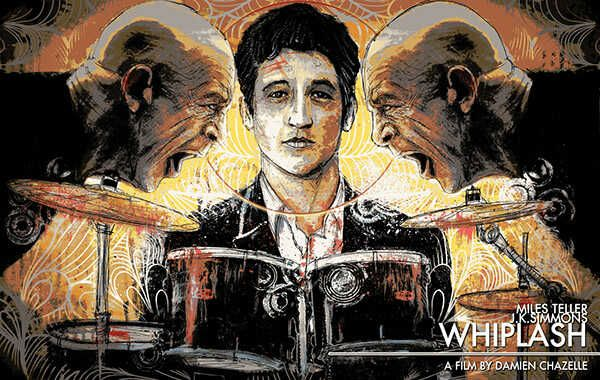Atlanta (2016-2022), directed by one of my personal favorite creators – Hiro Murai, is a four-season comedic-drama set in the city of Atlanta, Georgia. The series follows music manager and college dropout Earnest “Earn” Marks (Donald Glover – who also happens to be the producer of the show) as he goes about his daily life in the city. Using a cultural lens, this review aims to explore how Atlanta (2016) presents a unique look at urban America and applies both psychological and Marxist frameworks to discuss how this perspective shapes viewers’ opinions.
Earn is a character trapped in the system’s lower economic rungs, struggling to rise above. Episode one we are introduced to his status as homeless, a stark reminder of his economic struggle and class disparity. The story follows Earn as he tries to become the manager of his cousin and rising rapper Alfred “Paper Boi” Miles (Brian Tyree Henry), we see a representation of economic class struggle within the context of the music industry. Earn isn’t only driven by the idea of gaining money; he’s drawn to the autonomy and power he believes come with success. Psychologically, Earn is a character stuck between external pressures and internal self-doubt. The early episodes reveal him to be a man struggling with both failure and a sense of worthlessness. His strained relationship with Vanessa (Zazie Beetz), the mother of his child, adds to his feelings of inadequacy. Earns insecurity is subtly tied to his upbringing and how he’s perceived by others, including his family, friends, and even Alfred.
Earn’s life is a snapshot of modern struggles, financial insecurity, social pressures, and the nuances of Black Identity. In episode on we see Earn look and try to reconnect with his cousin Alfred who is having success as local rapper “Paper Boi.” Here, Earn’s approach to Alfred feels like a search for cultural
belonging and stability. Atlanta often uses surreal, satirical, and uncomfortable situations to critique cultural stereotypes, highlighting how society marginalizes and pigeonholes Black people. Earn as a Princeton dropout is under constant pressure to prove himself to others in a society that doesn’t give him many chances. His choice to manage Alfred’s career is both an attempt to define his identity and him refusing to follow any other method a trait that his father notes earlier, saying “When Earn wants to do something he does it, on his terms.”

In conclusion, Atlanta amazingly weaves Earn’s journey into a broad commentary on cultural identity, economic struggle, and personal psychology. The lenses used through the course of this essay expose Earn’s life as a reflection of larger societal issues, reflecting the tensions and barriers that marginalized individuals face daily. Atlanta (2016) doesn’t just explore Earn’s personal quest for success but challenges viewers to confront the things that shape identity, opportunity, and self-fulfillment.







